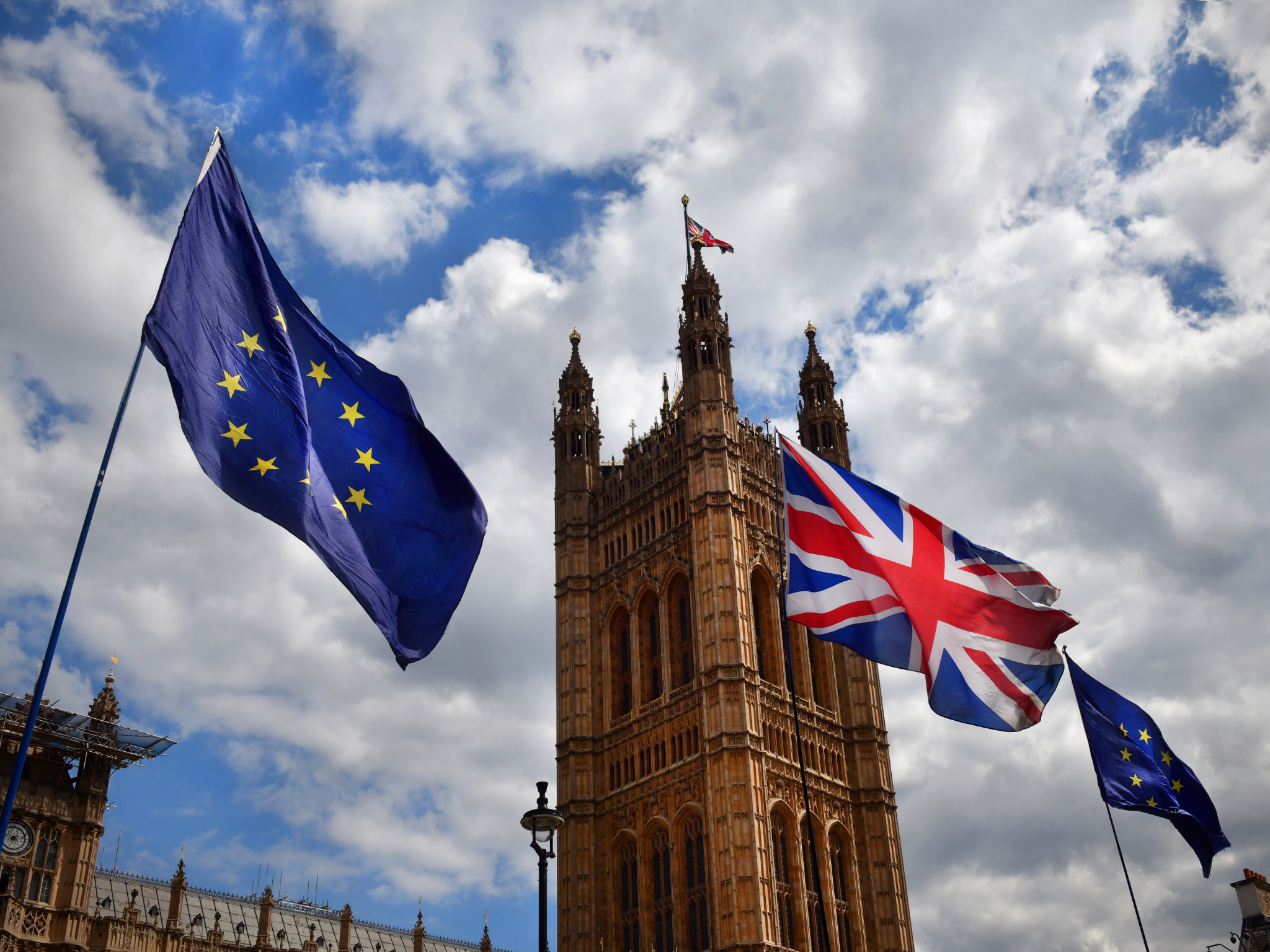Whether it is deal or no deal over Brexit, we have to make things work
There will be negatives – but we should acknowledge there will also be some plusses and we should do the most we can to maximise those, writes Hamish McRae


So the hunt for a trade deal with Europe will carry on a little longer. But make no mistake about it: whatever happens there will be disruption in the coming weeks.
The UK and EU economies will also gradually diverge in the coming years. What is at issue is the scale of disruption and the pace of divergence.
The politicians will quite soon have to decide. What should the rest of us do about all this? For some it is tempting to relive the battles of the past. But the “if only” debate is not only pointless, it is destructive, for it diverts us from thinking about the future.
Both we and our neighbours across the Channel and across the border in Ireland have to make the new relationship work, whatever that turns out to be. How? Well, here are five areas to think about – a loose framework to help guide us through what will inevitably be tricky times.
The first surely is courtesy. A lot of harsh words have been said on both sides – jeering and jingoism – that are unhelpful, destructive, and plain silly. Politicians have pressures upon them and have to respond. The rest of us don’t, or rather the pressures on us are those of our daily lives, not of trying to please some faction that helped elect them.
All of us interact with EU countries in some way or other, from holidaying in France, to having friends or family in Ireland, to having personal or business relationships with people who live on the continent.
There is a powerful argument for courtesy in every walk of life and at all times, but right now we can make our interactions with the EU more fruitful and satisfying by being especially careful to avoid conflict.
Second, we need to accept what has happened, recognising that there will be changes. If, as is already happening, more immigrants are coming into the UK from non-EU countries and fewer from the EU, then we should acknowledge that. They deserve a welcome – as everyone does. If Britons who own villas on the French Riviera have to limit the time of their visits they should accept that, and take whatever action they deem fit.
Any change of the relationship between nations is upsetting for anyone who assumed the status quo would last forever and planned their lives round that. But we all have to live and work within the world as it is, not as we might wish it to be.
Only by accepting can you adapt. That leads to thought three: we have to think about how we adapt. Actually the scale of the changes we may have to make to our lives are as nothing to the changes most of us have made over the past year. For many of us the changes will be minimal. Maybe there will be more passport queues. Maybe there will be a bit more bureaucracy renting a car on the continent, though why that should be so given how simple it is to rent in the US I can’t see.
For some, however, the changes will be substantial. Businesses that have relied on the complex supply chains across Europe, with components being delivered every day for their just-in-time production lines, will have to buy more locally. That will take time.
One of the problems with politicians of all denominations is that most have very little understanding of the practicalities to managing a business, and the current confusion is hugely frustrating. Businesses are flexible. Once there is a decision they get on with it. But it would be naive to pretend that the added bureaucracy will be anything other than a burden, and costs will go up.
Thought four leads on from number three. It is that we have to try to minimise the damage, whatever it turns out to be. Disruption is always bad, but at a practical level a lot can be done to smooth that disruption. We cannot in the UK determine the actions of the EU but we can work with the business community to make sure that we do not add to confusion.
This is mostly a matter for commercial relationships, but there may be ways in which as individuals we can help. Keeping an ear open for difficulties faced by Europeans resident in the UK would be a start.
Finally we should acknowledge that there will be plusses, and do the most we can to maximise those. One small example is that already there has been a boom in specialist UK food production: more expensive than imported foodstuffs but higher quality.
This was happening already but has been given a boost by the increased attention to home cooking associated with the lockdowns. It will now have the opportunity to grow further, but will need people to go on buying the produce when lockdowns end.
The big point here surely is that we should all try and rise above the politics of the day. Politics will always be with us, and we should be grateful we live in a democracy. But meanwhile we have to make things work.
Join our commenting forum
Join thought-provoking conversations, follow other Independent readers and see their replies
Comments